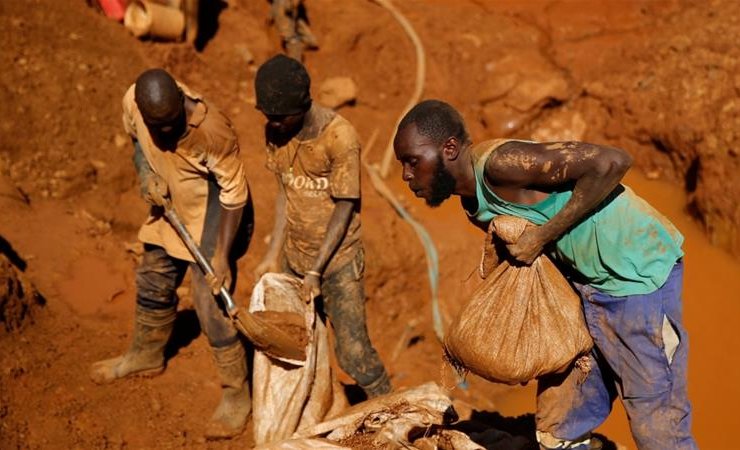Zimbabwe has banned the use of mercury in the mining industry and introduced controls on its release from industrial plants, according to the state-owned Herald newspaper.
In particular, Zimbabwe has ratified the Minamata Convention banning the use of mercury in the mining industry and has introduced regulatory measures to stop its release from industrial equipment such as boilers, incinerators and power plants.
The ban will affect small gold miners who use mercury to mine gold. Currently, small mining companies account for more than half of the country's gold production.
Mercury, readily available to miners in Zimbabwe, is highly toxic and poses a serious public health hazard when it contaminates food and groundwater.
Over the past decade in Africa, the growth of both industrial activity and urbanization has led to a huge increase in the volume of various wastes (solid, liquid and gaseous), including the release of heavy metals into the environment in all parts of the continent, which leads to a potential increase in the content of these metals : mercury, cadmium and lead.
Due to its highly mobile nature, mercury has outgrown the local national or even regional problem. The mercury problem affects many areas of the environment and is transcontinental. Airborne releases of mercury can be deposited on land or water near or far from emission sources as a result of global atmospheric transport and circulation.
The Minamata Convention was adopted on August 16, 2017 and takes its name from the city of Minamata, Japan, where in the late 1950s local communities were poisoned by industrial water contaminated with mercury and suffer from its horrific, incurable and stigmatizing consequences.




